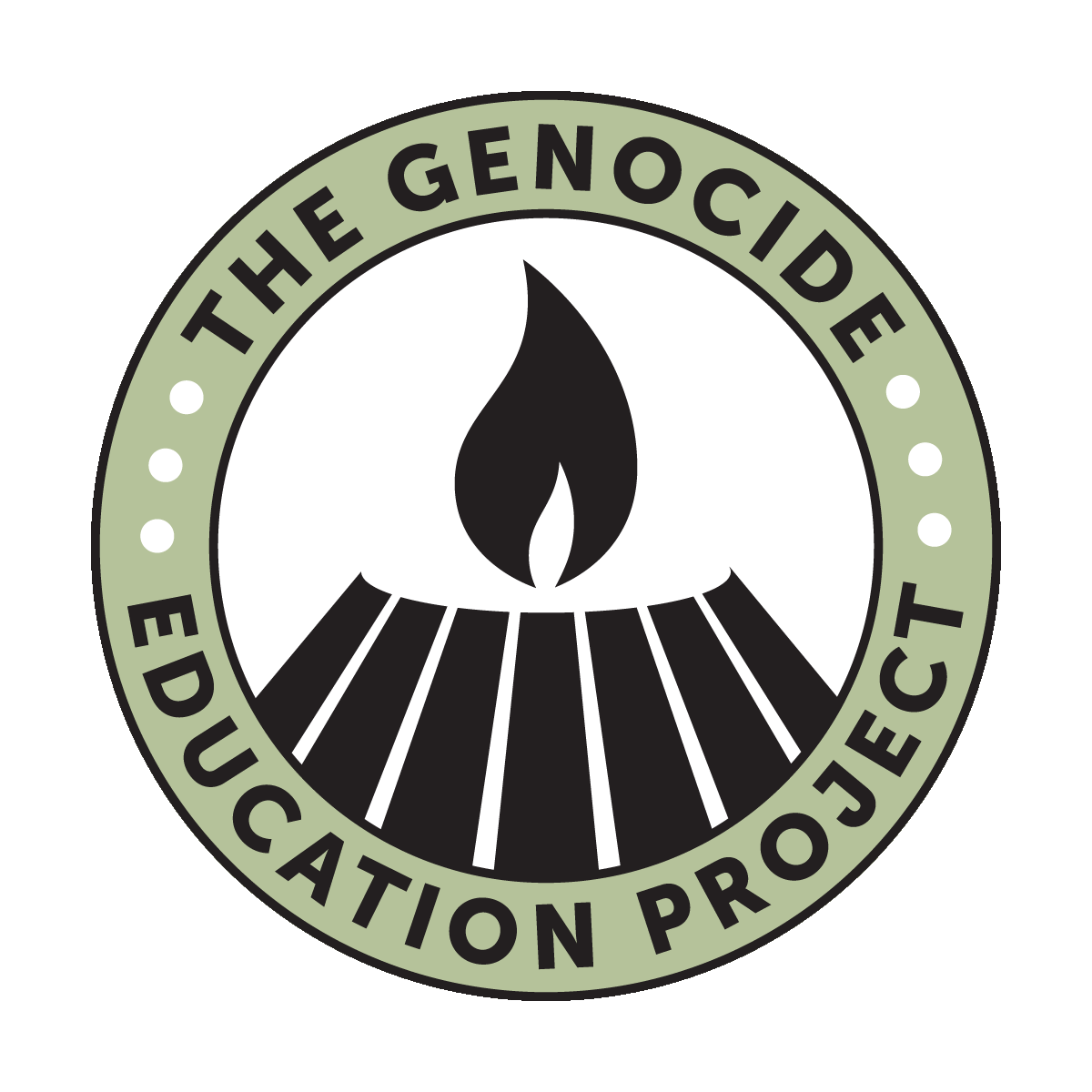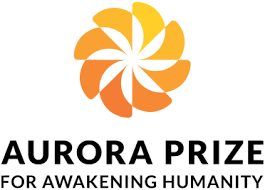26.03.2021
Date: September 16-18, 2021
Venues: Conference Hall of the Presidium of National Academy of Sciences of Armenia, Armenian Genocide Museum-Institute conference Hall, Yerevan State University, Matenadaran
The war unleashed by Azerbaijan and its ally Turkey on September 27, 2020 against the Republic of Artsakh and the following agreement between Armenia, Azerbaijan and Russia, on November 9, had serious negative consequences for the Armenians: The Republic of Artsakh had great territorial losses, a significant number of the Armenians of Artsakh were deprived of the opportunity to live in their homeland and have become refugees.
The active part played in the Second Artsakh War by Turkey and the ideas of Pan-Turkism pursued by that country allow us to consider what happened to the Armenians of Artsakh - a small part of the whole Armenian people - as a new manifestation of its policy of genocide and deprivation of fatherland. This makes it legitimate to scientifically discuss the history of the Azerbaijani government’s genocidal policy towards the Armenians of Azerbaijan and Artsakh in the context of the Armenian Question and the Armenian Genocide itself.
These new realities also make discussion of new problems and challenges, related to scientific aspects of the study of the history of the Armenian Genocide, the definition and presentation of new areas and aspects of study and discussion of the prospect of Armenian Genocide recognition and compensation, a matter of urgency.
The conference
“At the Crossroads of the Armenian Genocide, Armenian Claims and the Artsakh Issue – Retrospective Assessments and Prospects” aims at this goal.
The reports submitted for the conference should relate (but are not limited) to the following topics:
1. The problems of studying the Armenian Genocide in the 21st century: marking the problem areas;
2. The problems of source studies of the Armenian Genocide: re-evaluations and new discoveries (new archival data, press, memoirs, fiction);
3. The study of the Armenian Genocide in the interdisciplinary domain (Psychology, Sociology, Economics, Political science, Cultural Studies, Ethnography, Religious Studies, Art history);
4. Methods to be used to ensure transmission of Genocide memory in the 20th and 21st centuries and problems associated with teaching the subject of genocide;
5. Digital technologies and the future of the Armenian Genocide studies;
6. International agreements related to the deprivation of Armenian fatherland: a historical-legal assessment;
7. The denial of the Armenian Genocide – the hatred against Armenians in Turkish politics;
8. The policy of hatred and genocide conducted by the Azerbaijani government against the Armenians of Azerbaijan and those of Artsakh.
Two round-table discussions will be organised within the framework of this conference:
1. Recognition and compensation processes of the Armenian Genocide: achievements, problems, expectations;
2. Genocide policy manifestations seen during the Second Artsakh War.
The conference is open to a wide range of researchers.
Applications for participation in the conference must be submitted by
June 15, 2021. Details of the accepted participants will be published on June 30, 2021. All applications must include an abstract of 200-250 words, accompanied by the author’s brief CV.
Applications are to be sent to this e-mail address:
genocide.artsakh@genocide-museum.am.
The working languages of the conference are Armenian and English.
Conference entry is free of charge.
CONFERENCE ORGANISING COMMITTEE





